Turkey: The Cultural Bridge Between Two Continents
Discover Turkey, a fascinating country where East and West meet, full of history, culture, and stunning landscapes, ideal for your next trip! Turkey, officially the Republic of Turkey, is a country filled with contrasts, where East and West converge not only geographically but also culturally and socially. This nation, which has witnessed countless civilizations over thousands of years, offers visitors a unique experience, blending the best of both cultures. From its cities rich in history to its natural landscapes, Turkey is a must-see destination for those seeking a perfect mix of adventure, history, and relaxation. Located in a strategic position, Turkey has served as a bridge between Europe and Asia, profoundly influencing its culture, architecture, and lifestyle. In this extensive blog, we’ll explore everything Turkey has to offer, from its main cities to its hidden natural gems, through its rich gastronomy, traditions, and modern life.
History of Turkey: A Legacy of Civilizations
The Ancient Civilizations of Anatolia
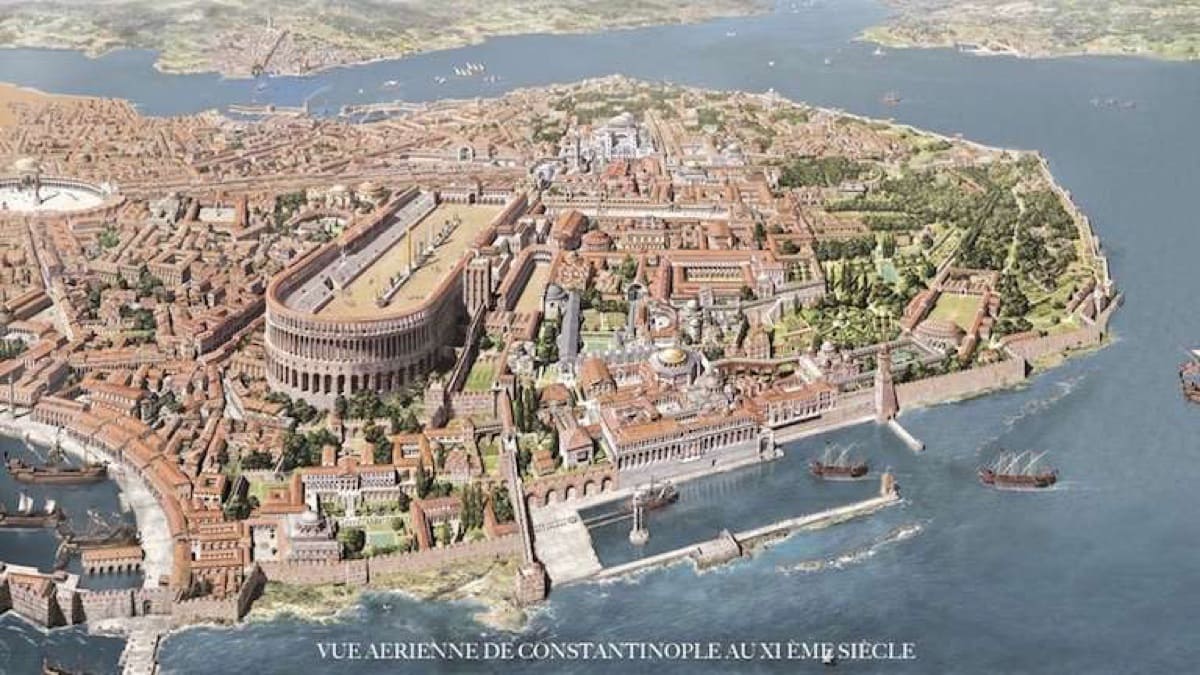 The history of Turkey dates back thousands of years, long before the Ottomans arrived. Anatolia, the peninsula that forms most of the country, has been home to many ancient civilizations, such as the Hittites, Assyrians, Greeks, and Romans. These civilizations left their mark in the form of impressive ruins and monuments still visible today. For example, the ancient cities of Troy and Ephesus are some of the country’s most visited archaeological sites and reflect this region’s significance in antiquity. Anatolia was also an integral part of the Roman Empire and later the Byzantine Empire, whose capital, Constantinople, became one of the world’s most influential cities. Roman influence is evident across many areas of Turkey, where theaters, aqueducts, and temples still stand.
The history of Turkey dates back thousands of years, long before the Ottomans arrived. Anatolia, the peninsula that forms most of the country, has been home to many ancient civilizations, such as the Hittites, Assyrians, Greeks, and Romans. These civilizations left their mark in the form of impressive ruins and monuments still visible today. For example, the ancient cities of Troy and Ephesus are some of the country’s most visited archaeological sites and reflect this region’s significance in antiquity. Anatolia was also an integral part of the Roman Empire and later the Byzantine Empire, whose capital, Constantinople, became one of the world’s most influential cities. Roman influence is evident across many areas of Turkey, where theaters, aqueducts, and temples still stand.
The Ottoman Empire: Rise and Fall of a Giant
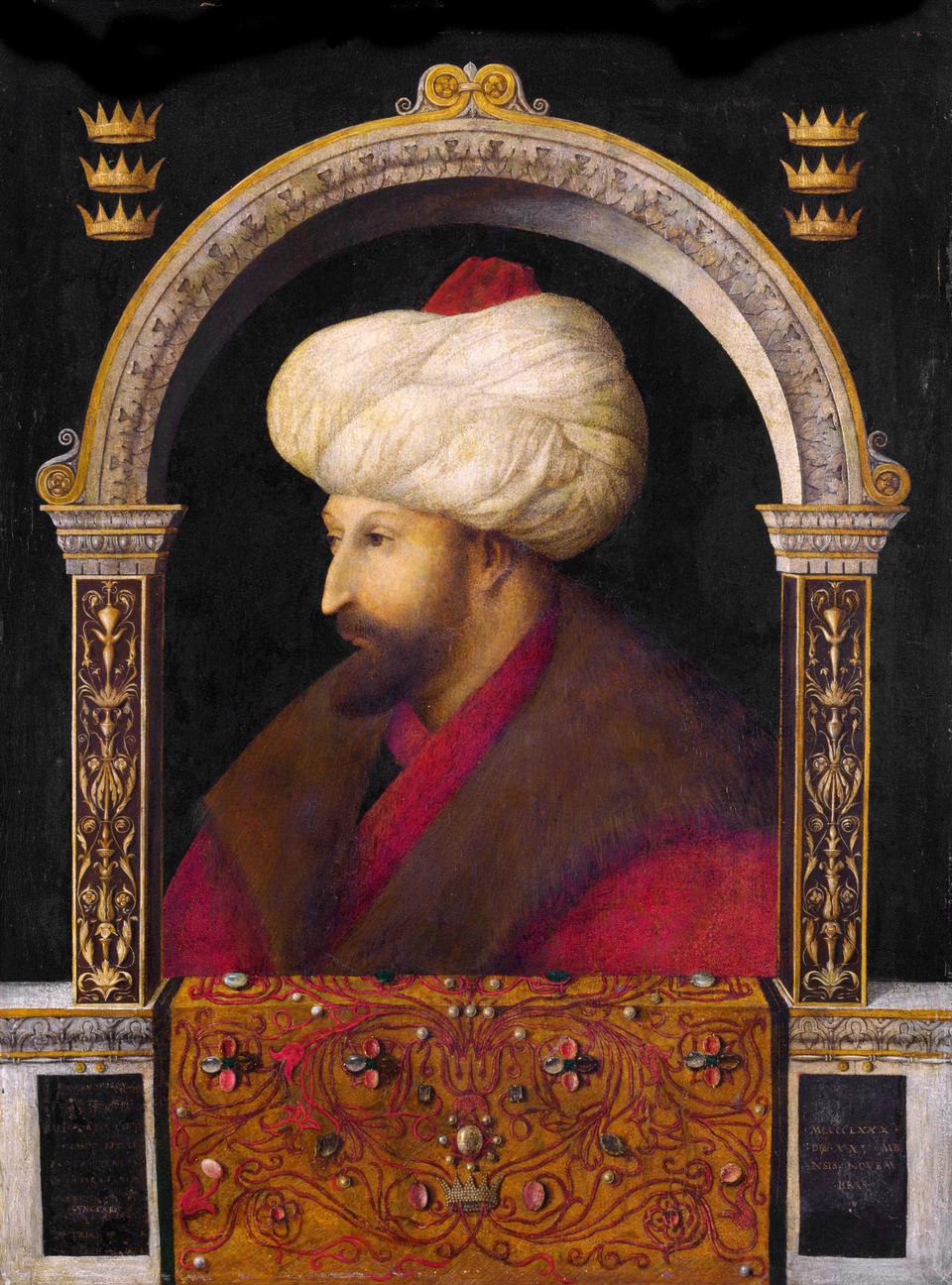 One of the most important periods in Turkey’s history was the Ottoman Empire. Emerging in the late 13th century, it quickly became one of the world’s most powerful and enduring empires. Under leaders like Suleiman the Magnificent, the empire expanded rapidly, controlling territories from southeastern Europe to North Africa and the Middle East. The fall of the Ottoman Empire after World War I marked the end of an era. However, Ottoman influence remains visible in Turkey’s culture, architecture, and cuisine. Monumental mosques, majestic palaces, and bustling bazaars are witnesses to the empire’s grandeur.
One of the most important periods in Turkey’s history was the Ottoman Empire. Emerging in the late 13th century, it quickly became one of the world’s most powerful and enduring empires. Under leaders like Suleiman the Magnificent, the empire expanded rapidly, controlling territories from southeastern Europe to North Africa and the Middle East. The fall of the Ottoman Empire after World War I marked the end of an era. However, Ottoman influence remains visible in Turkey’s culture, architecture, and cuisine. Monumental mosques, majestic palaces, and bustling bazaars are witnesses to the empire’s grandeur.
Mustafa Kemal Atatürk and the Foundation of the Republic of Turkey
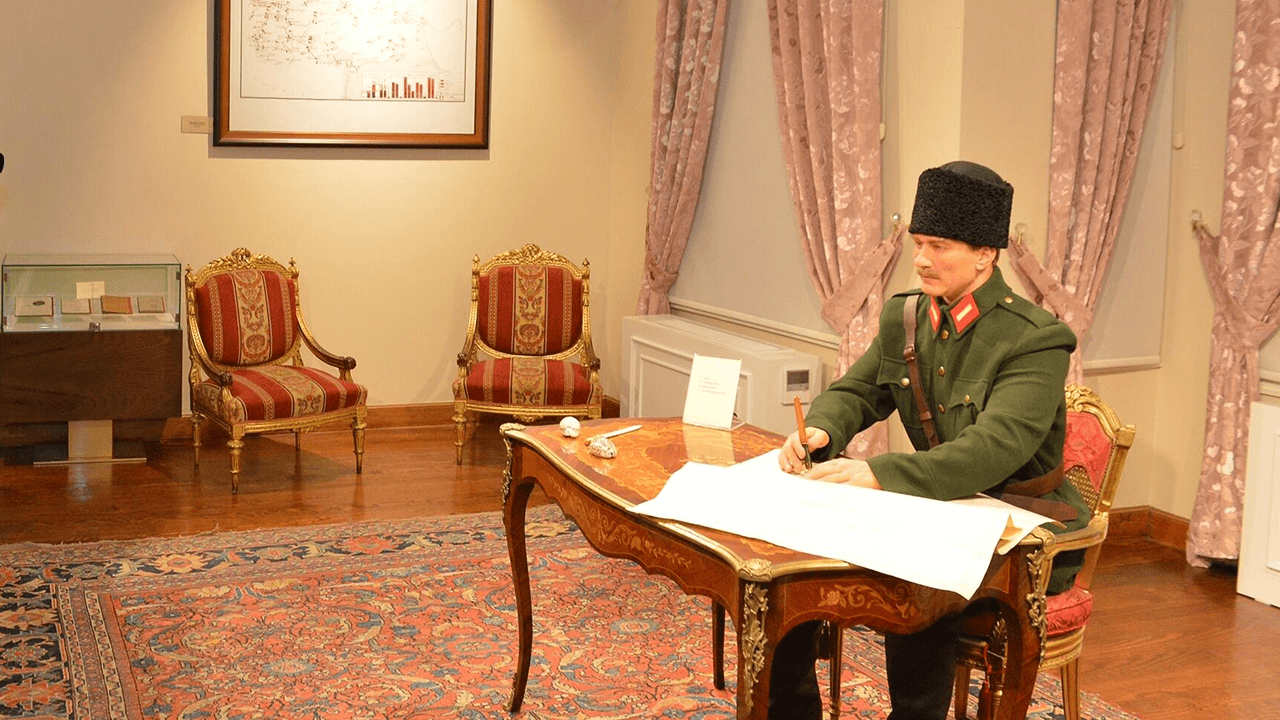 Following the fall of the Ottoman Empire, a visionary leader named Mustafa Kemal Atatürk emerged to found the Republic of Turkey in 1923. Atatürk is a revered figure in the country for implementing deep reforms that modernized Turkey, leading it toward a more secular and Westernized society. His most significant reforms included adopting the Latin alphabet, secularizing the state, and promoting women’s rights. Atatürk’s legacy lives on today, and his image is omnipresent across the country. His mausoleum, Anıtkabir, in the capital Ankara, is one of the most visited sites and represents a symbol of national pride.
Following the fall of the Ottoman Empire, a visionary leader named Mustafa Kemal Atatürk emerged to found the Republic of Turkey in 1923. Atatürk is a revered figure in the country for implementing deep reforms that modernized Turkey, leading it toward a more secular and Westernized society. His most significant reforms included adopting the Latin alphabet, secularizing the state, and promoting women’s rights. Atatürk’s legacy lives on today, and his image is omnipresent across the country. His mausoleum, Anıtkabir, in the capital Ankara, is one of the most visited sites and represents a symbol of national pride.
Main Cities of Turkey: A Blend of Tradition and Modernity
Turkey is a vibrant country with cities that offer a unique combination of the old and the new. Below, we explore some of the most important cities and what each has to offer.
Istanbul: The City That Bridges Two Worlds
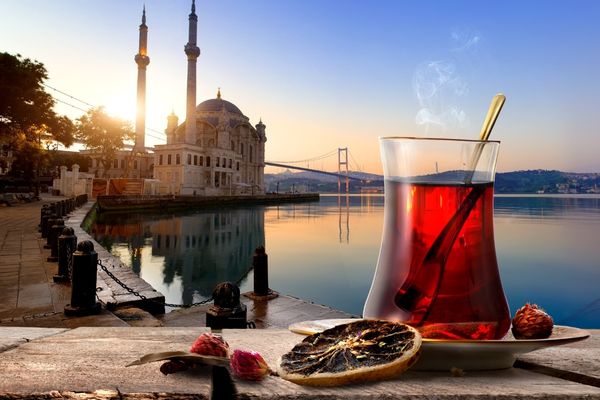 Istanbul is, without a doubt, one of the most fascinating cities in the world. With a history spanning more than 2,500 years, Istanbul has been the capital of three empires: Roman, Byzantine, and Ottoman. Its strategic location, spanning both sides of the Bosphorus, has turned Istanbul into a melting pot of cultures where East meets West. Among Istanbul’s most iconic monuments are Hagia Sophia, an architectural masterpiece that has served as both a church and mosque and today is a museum attracting millions of visitors. The Blue Mosque is another architectural gem not to be missed, with its six minarets and intricate interior design. Besides its historic monuments, Istanbul is a modern, cosmopolitan city with world-class restaurants, vibrant nightlife, and luxury shopping centers. The Grand Bazaar, one of the world’s largest covered markets, is the perfect place to experience the bustling Turkish trade and buy items such as carpets, spices, and jewelry.
Istanbul is, without a doubt, one of the most fascinating cities in the world. With a history spanning more than 2,500 years, Istanbul has been the capital of three empires: Roman, Byzantine, and Ottoman. Its strategic location, spanning both sides of the Bosphorus, has turned Istanbul into a melting pot of cultures where East meets West. Among Istanbul’s most iconic monuments are Hagia Sophia, an architectural masterpiece that has served as both a church and mosque and today is a museum attracting millions of visitors. The Blue Mosque is another architectural gem not to be missed, with its six minarets and intricate interior design. Besides its historic monuments, Istanbul is a modern, cosmopolitan city with world-class restaurants, vibrant nightlife, and luxury shopping centers. The Grand Bazaar, one of the world’s largest covered markets, is the perfect place to experience the bustling Turkish trade and buy items such as carpets, spices, and jewelry.
Ankara: The Political and Cultural Center
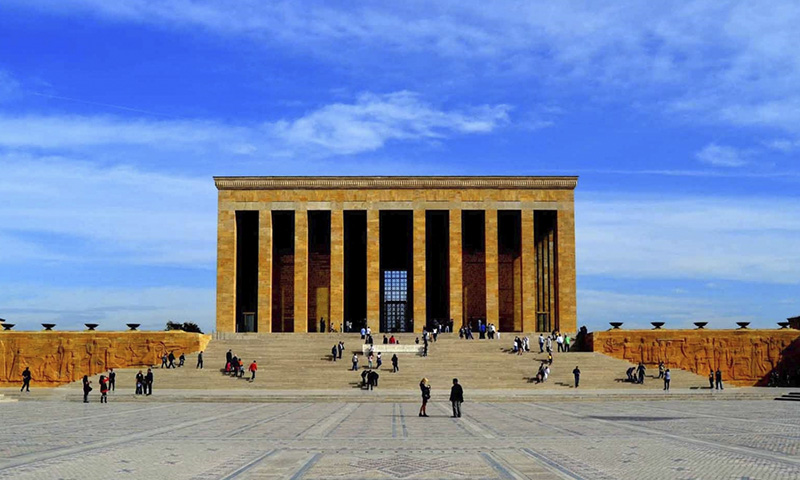 Though often overshadowed by Istanbul, Ankara is Turkey’s political capital and a city full of culture and museums. Besides being home to many government institutions, Ankara houses the Atatürk Mausoleum, an impressive monument dedicated to the founder of modern Turkey. The city is also known for its museums, such as the Museum of Anatolian Civilizations, which offers a comprehensive view of the region’s ancient history.
Though often overshadowed by Istanbul, Ankara is Turkey’s political capital and a city full of culture and museums. Besides being home to many government institutions, Ankara houses the Atatürk Mausoleum, an impressive monument dedicated to the founder of modern Turkey. The city is also known for its museums, such as the Museum of Anatolian Civilizations, which offers a comprehensive view of the region’s ancient history.
Izmir: The Heart of the Aegean
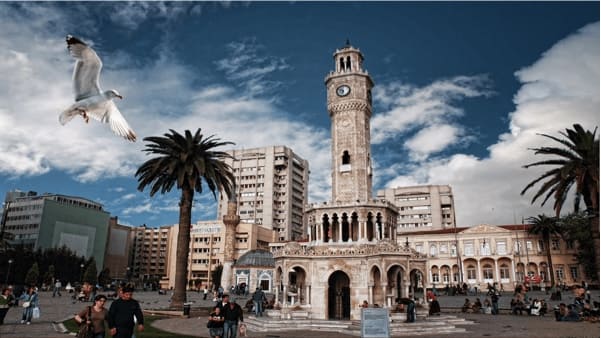 Izmir, known as Smyrna in Turkish, is a port city on the Aegean coast and one of the most popular destinations for tourists seeking sun, sea, and culture. The city is known for its relaxed atmosphere, nearby beaches, and rich history dating back to ancient Greek times. Izmir is also famous for its Kordon, a waterfront promenade perfect for walking, enjoying the scenery, and sampling some of the best dishes of Aegean cuisine.
Izmir, known as Smyrna in Turkish, is a port city on the Aegean coast and one of the most popular destinations for tourists seeking sun, sea, and culture. The city is known for its relaxed atmosphere, nearby beaches, and rich history dating back to ancient Greek times. Izmir is also famous for its Kordon, a waterfront promenade perfect for walking, enjoying the scenery, and sampling some of the best dishes of Aegean cuisine.
Turkey’s Natural Wonders
Turkey is renowned not only for its historic cities but also for its stunning natural landscapes. From paradise beaches to unique geological formations, the country offers a great diversity of natural environments.
Cappadocia: An Otherworldly Landscape
 Cappadocia is undoubtedly one of Turkey’s most magical regions. Known for its fairy chimney rock formations, this region has been inhabited since prehistoric times. The people of Cappadocia built underground cities and rock-cut houses that can still be visited today. One of the most memorable experiences visitors can have in Cappadocia is a hot air balloon ride at dawn. From above, you can observe the impressive geological formations and vast landscapes that seem to belong to another planet.
Cappadocia is undoubtedly one of Turkey’s most magical regions. Known for its fairy chimney rock formations, this region has been inhabited since prehistoric times. The people of Cappadocia built underground cities and rock-cut houses that can still be visited today. One of the most memorable experiences visitors can have in Cappadocia is a hot air balloon ride at dawn. From above, you can observe the impressive geological formations and vast landscapes that seem to belong to another planet.
Pamukkale: The Cotton Castle Thermal Pools
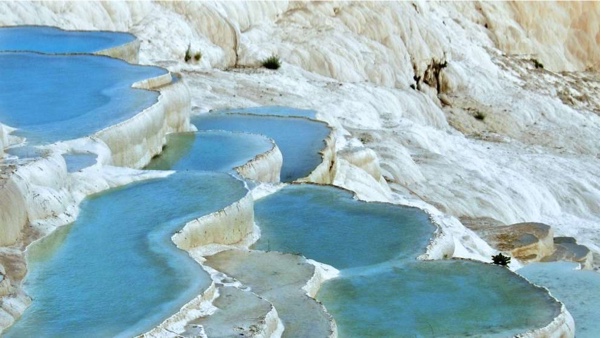 Pamukkale, meaning “cotton castle” in Turkish, is another of Turkey’s most popular natural destinations. Its white travertine terraces, formed by hot springs, have attracted visitors for thousands of years. Pamukkale is not only a visual spectacle but also has healing properties, as the hot springs are rich in minerals. At the top of the terraces are the ruins of Hierapolis, an ancient Roman city that offers an intriguing mix of history and nature.
Pamukkale, meaning “cotton castle” in Turkish, is another of Turkey’s most popular natural destinations. Its white travertine terraces, formed by hot springs, have attracted visitors for thousands of years. Pamukkale is not only a visual spectacle but also has healing properties, as the hot springs are rich in minerals. At the top of the terraces are the ruins of Hierapolis, an ancient Roman city that offers an intriguing mix of history and nature.
The Turquoise Coast: Beaches and Ancient Ruins
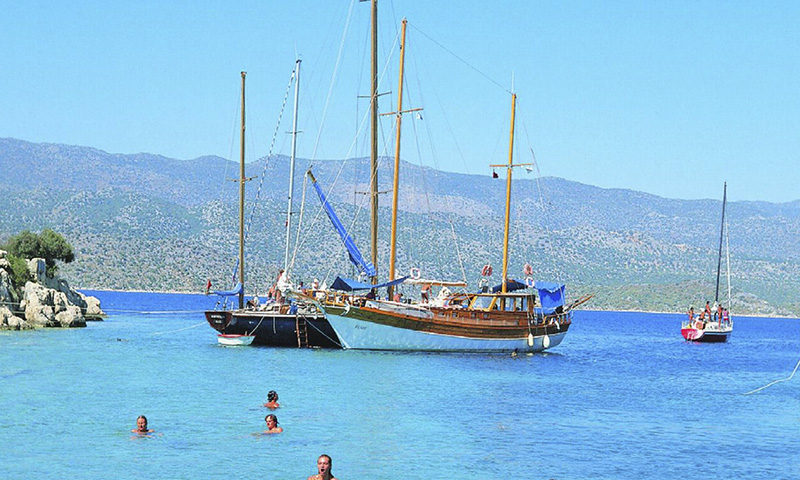 The Turquoise Coast, covering the provinces of Antalya, Muğla, and Aydın, is famous for its white sand beaches and crystal-clear waters. Places like Oludeniz, with its famous blue lagoon, and Kaş, a small coastal town, are perfect for those seeking a relaxing destination. Besides its beaches, the Turquoise Coast is known for its ancient ruins. In places like Patara and Phaselis, visitors can explore the ruins of ancient Lycian cities while enjoying breathtaking sea views.
The Turquoise Coast, covering the provinces of Antalya, Muğla, and Aydın, is famous for its white sand beaches and crystal-clear waters. Places like Oludeniz, with its famous blue lagoon, and Kaş, a small coastal town, are perfect for those seeking a relaxing destination. Besides its beaches, the Turquoise Coast is known for its ancient ruins. In places like Patara and Phaselis, visitors can explore the ruins of ancient Lycian cities while enjoying breathtaking sea views.
Turkey’s Culture and Traditions: A Wealth of Customs
Turkish culture is a blend of both Eastern and Western influences, making it incredibly diverse and fascinating. Traditions, music, gastronomy, and hospitality are integral to daily life in Turkey.
Turkey’s Culinary Wealth
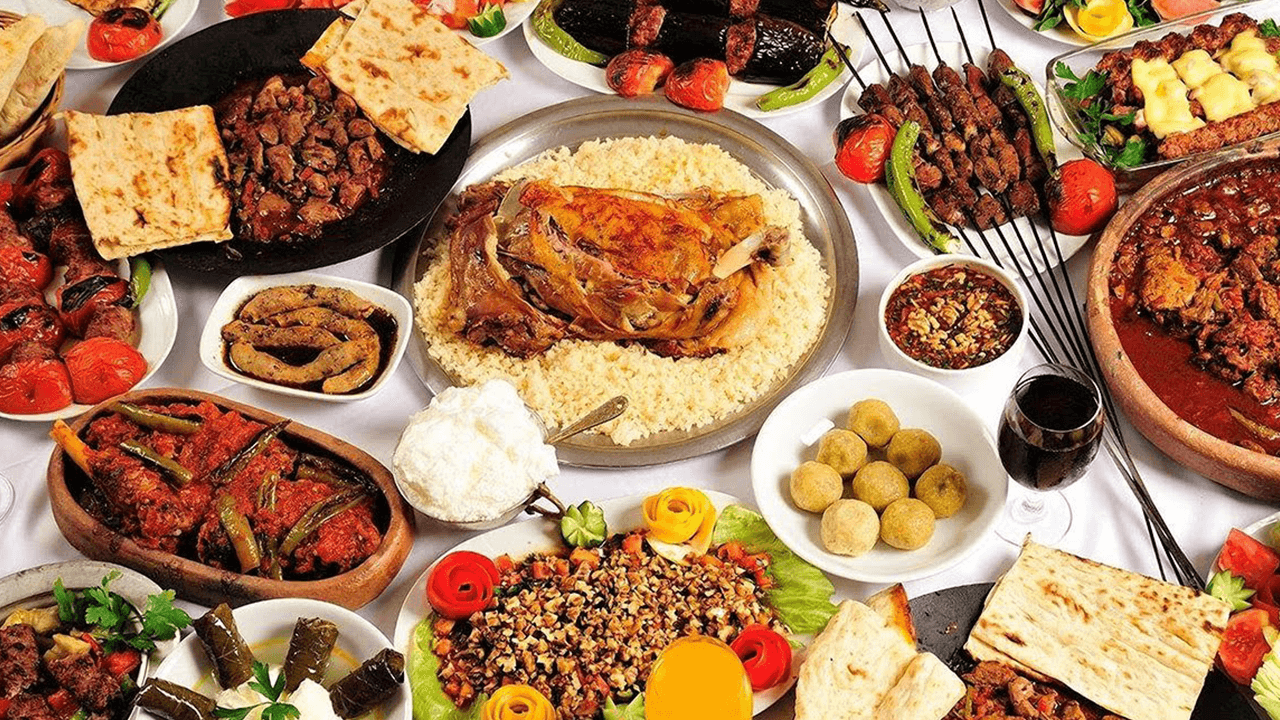 Turkish cuisine is world-renowned for its diversity and flavor. One of the most iconic dishes is kebab, which comes in many forms, such as döner kebab or şiş kebab. Meze, small appetizers including dishes like hummus, eggplant salad, and dolmas (stuffed vine leaves), are essential in a traditional Turkish meal. Another significant aspect of Turkish cuisine is its pastries. Baklava, a dessert made of pastry layers filled with pistachios or walnuts and soaked in syrup, is one of the most popular sweets.
Turkish cuisine is world-renowned for its diversity and flavor. One of the most iconic dishes is kebab, which comes in many forms, such as döner kebab or şiş kebab. Meze, small appetizers including dishes like hummus, eggplant salad, and dolmas (stuffed vine leaves), are essential in a traditional Turkish meal. Another significant aspect of Turkish cuisine is its pastries. Baklava, a dessert made of pastry layers filled with pistachios or walnuts and soaked in syrup, is one of the most popular sweets.
The Significance of Turkish Hospitality
One of the most notable characteristics of Turkish culture is its hospitality. Turks are known for being extremely welcoming to visitors, and it’s common to be invited for tea (çay) or Turkish coffee at someone’s home. This gesture of welcome shows the importance of interpersonal relationships in Turkish society.
The Role of Traditional Celebrations
Festivities and celebrations also hold a significant place in Turkish life. Weddings are major events that often last several days, and in many regions, they are celebrated with traditional music and dance. Religious festivities, such as Ramadan and the Festival of Sacrifice, are also important times when families come together to share special meals.
Religion in Turkey: A Secular Country with Islamic Roots
Though Turkey is officially a secular state, Islam is the predominant religion in the country, with over 99% of the population identifying as Muslim. However, the secularism promoted by Atatürk has ensured that the government and religion remain separate in public life.
Mosques: Witnesses to Islamic Heritage
 Turkey is home to some of the most impressive mosques in the world. The Blue Mosque, with its blue ceramic tiles and six minarets, is one of Istanbul’s most well-known landmarks. Other famous mosques include the Süleymaniye Mosque and the Selimiye Mosque in Edirne, both representing the grandeur of Ottoman Islamic architecture.
Turkey is home to some of the most impressive mosques in the world. The Blue Mosque, with its blue ceramic tiles and six minarets, is one of Istanbul’s most well-known landmarks. Other famous mosques include the Süleymaniye Mosque and the Selimiye Mosque in Edirne, both representing the grandeur of Ottoman Islamic architecture.
Tourism in Turkey: Tips and Sustainability
Tourism plays a vital role in Turkey’s economy, and every year millions of visitors travel to the country to experience its rich history and natural beauty. As tourism grows, so does awareness of the need for sustainable practices to protect cultural heritage and natural resources.
Traveler Tips
When planning a trip to Turkey, it’s essential to be aware of some customs and cultural norms. For example, dressing conservatively is recommended when visiting mosques and other religious sites. While many people in tourist areas speak English, learning a few phrases in Turkish can significantly enhance the travel experience.
Conclusion: Turkey, An Unforgettable Destination
Turkey is a fascinating country full of contrasts and surprises. With its unique mix of history, culture, and nature, it’s a destination that does not disappoint. From the bustling streets of Istanbul to the tranquil landscapes of the Turquoise Coast, Turkey offers something for everyone. Whether you’re looking for a cultural adventure, a relaxing getaway, or a trip filled with discoveries, Turkey is the ideal place.
Don’t wait any longer! Start planning your Turkish adventure today. Share this article on your social media to inspire friends and family to join this incredible journey.


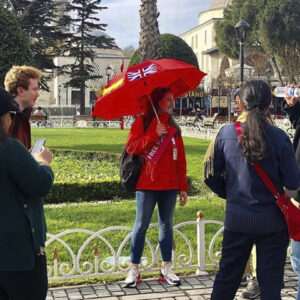
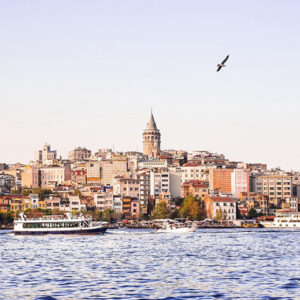
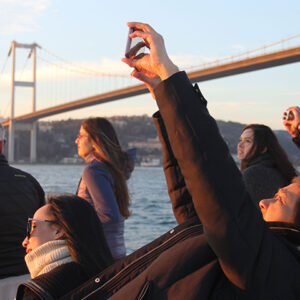
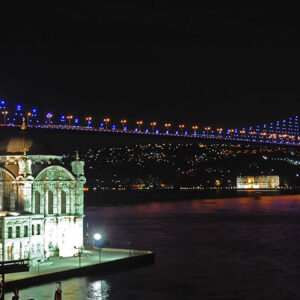
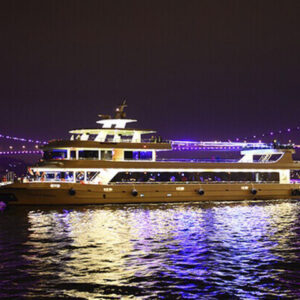
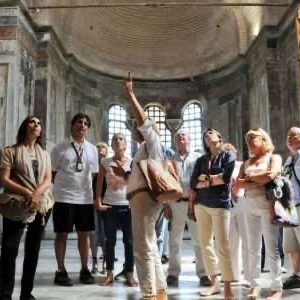
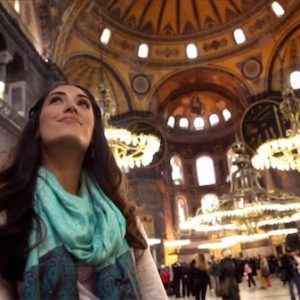
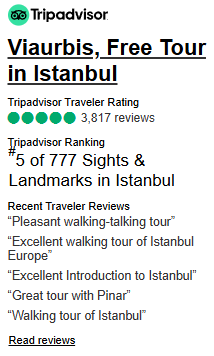
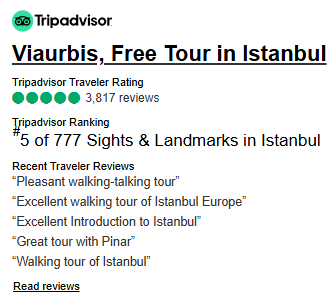
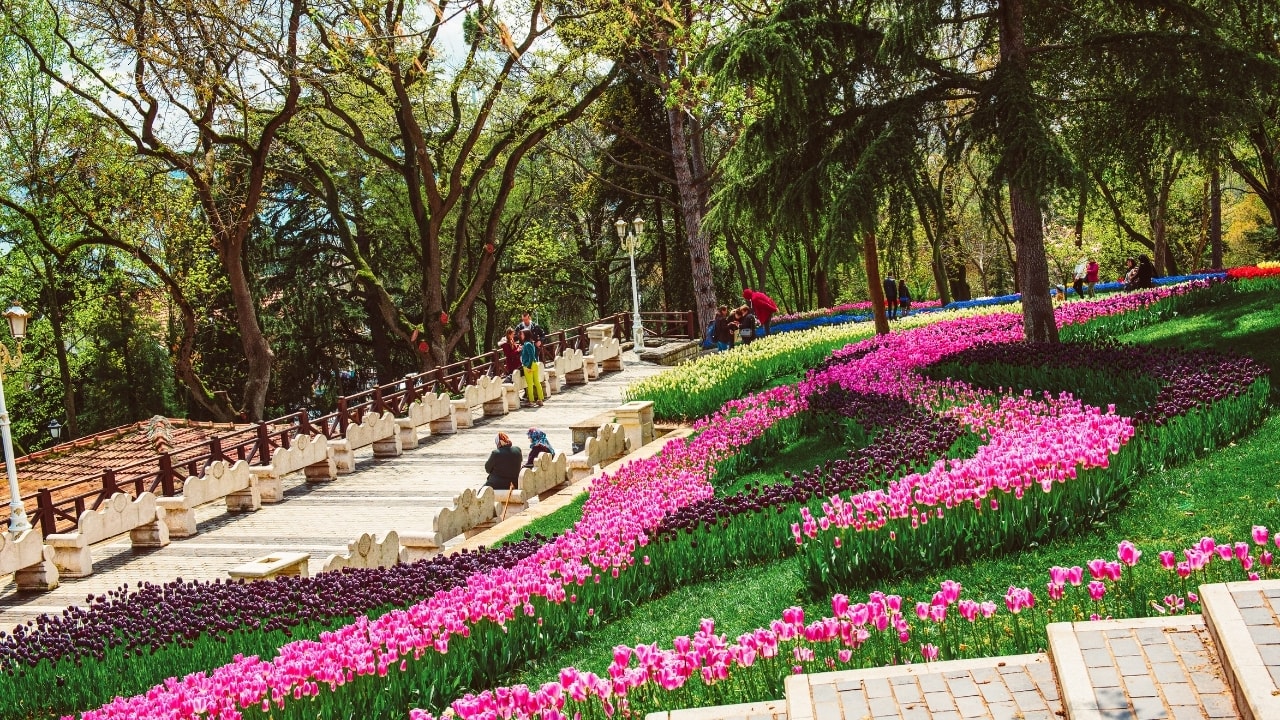

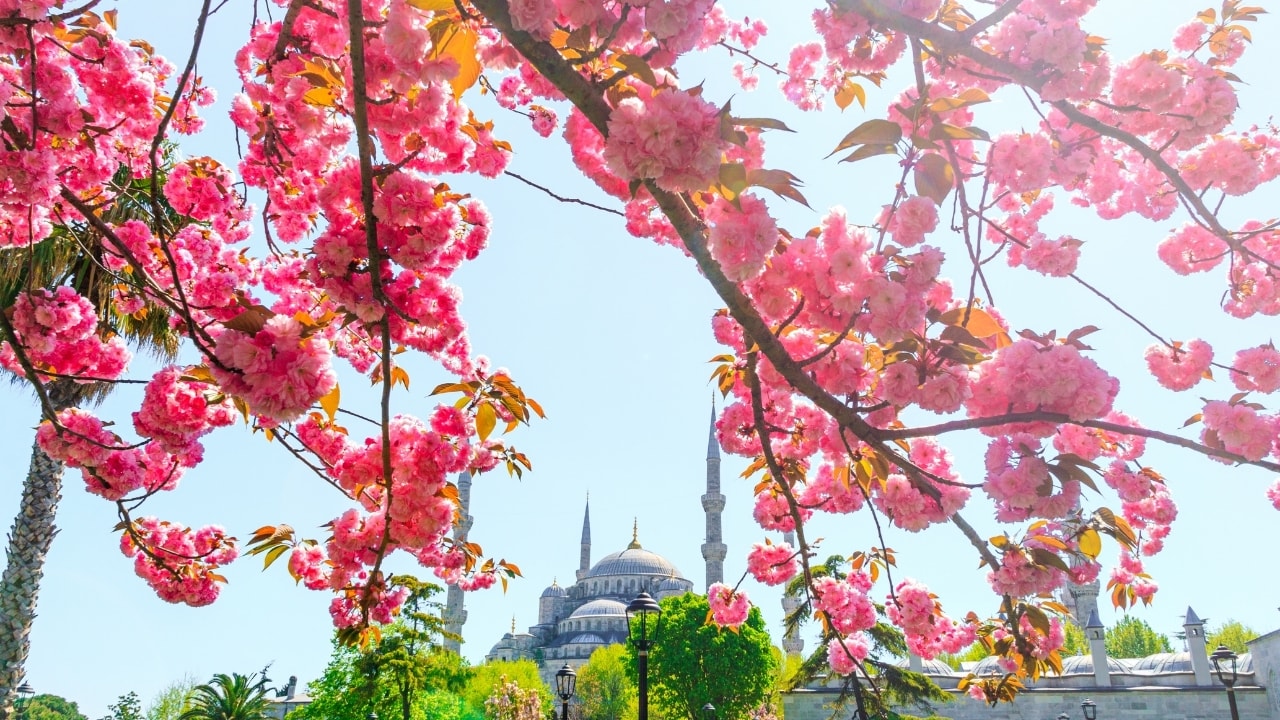
3 thoughts on “Turkey”
★★★★★
Learning about and visiting ‘Turkey’ was both fun and educational. Everyone should experience this!
★★★★★
The charm of ‘Turkey’ captivated me entirely. It’s a destination that leaves no one indifferent.
★★★★★
Discovering ‘Turkey’ was one of the highlights of my trip. Don’t miss out on this gem!
Comments are closed.